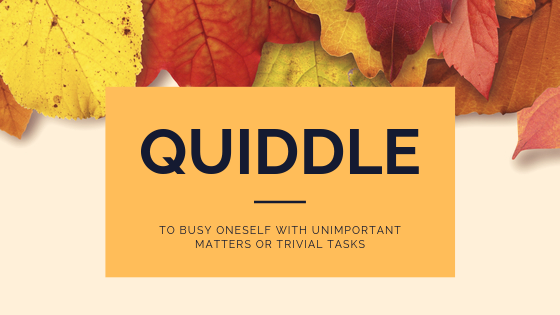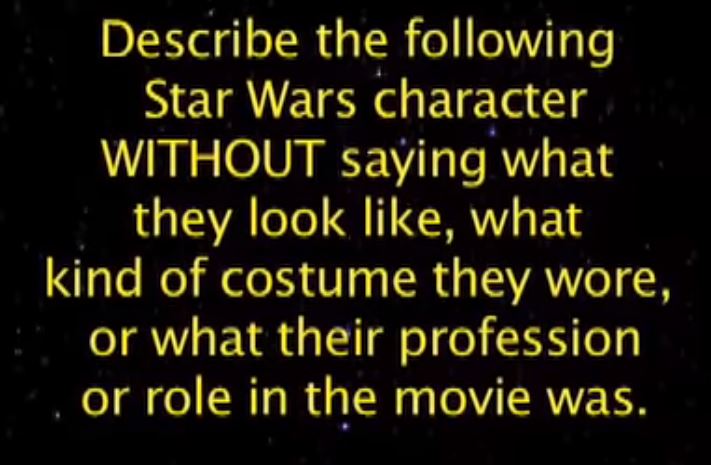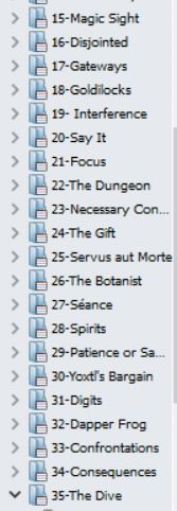A recently became aware of a new word. While it seems to have a few different variations, this is my favorite:

Ever find yourself doing a ton of stuff completely unrelated to the thing you need to do? Maybe there’s a big assignment or project you need to work on. Procrastinating on said project makes you feel bad, so instead, you kick into overdrive on something else. You clean the house, fold the laundry, reorganize your desk! You do everything except the thing you need to be doing.
That’s me today. I’m supposed to be writing chapter two of book two. Last week I wrote a bunch, but halfway through realized I was using the wrong point of view, so now I have to go back and rewrite as a different character. So what am I doing instead?
Catching up on email. Brainstorming about writing a reader magnet (freebie that’s used as incentive to get people on your mailing list). I came up with a great one–backstory that can be made into a short story. It’s briefly referenced in Dark Apprentice, as “The Bread Incident.” Harper found Nikolai doing something embarrassing with bread, though what is never specified (it’s probably not what you think). I just need to write it. I sat down at my desk, all pumped to write…
…and immediately went to Canva to make covers.
Granted, this didn’t take long and it was fun, but it still isn’t writing. But covers are done now, time to write, right? Well, no, because it got me thinking about my own procrastination, which led to this blog post idea, which lead to me making another Canva graphic, which led to me talking to you here. It’s not all bad, I did need to queue a blog post for next week, so this will be it.
Hooray for quiddling. As they say on Writing Excuses, I’m out of excuses, now I need to go write.
Let me know which bread cover you like best.
Copyright © 2019 Val Neil. All rights reserved.





 all while trying to stay a few chapters ahead of my critique partners (that didn’t work).
all while trying to stay a few chapters ahead of my critique partners (that didn’t work).

